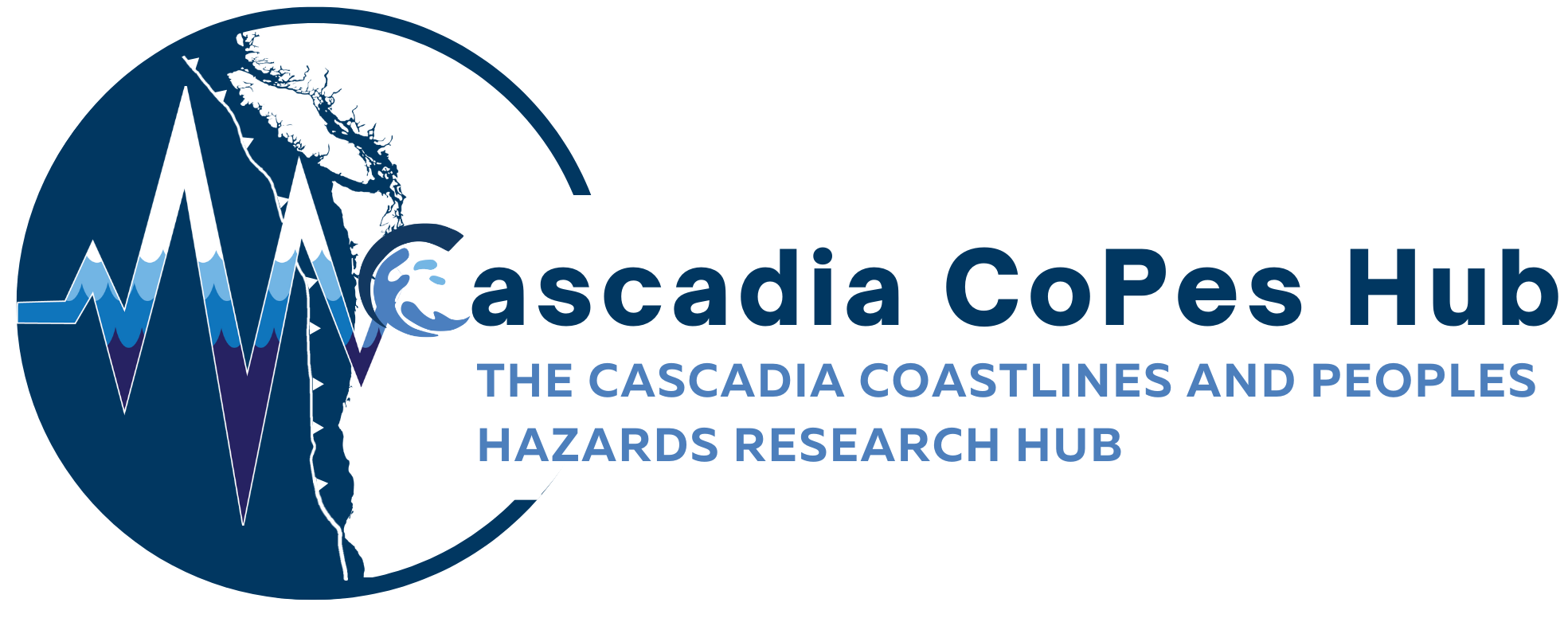Coastal hazards are inevitable and affect all coastal communities. However, the lasting impacts of these hazards are inequitably distributed, with minority groups often bearing the brunt. For example, Hispanic and Latinx communities, the fastest-growing demographics in Oregon, face significant challenges. Current hazard awareness, preparedness, and educational materials fall short of meeting their needs. These materials often have limited language availability, fail to consider multi-generational households, and lack cultural representation.
In a video published by Oregon State University, Clatsop County Emergency Manager Tiffany Brown says “Whether we’re presenting to community groups, like the Spanish speaking residents in our community… we always attempt to meet that group where they’re at. We do that by meeting with representatives from that community or advocates for that community”. Researchers from the Cascadia CoPes Hub partnered with local non-profit Consejo Hispano to evaluate existing tsunami and earthquake emergency preparedness materials. This evaluation highlighted which materials aligned with the values, needs, and preferences of Hispanic and Latinx communities and which did not.
Addressing the identified inclusivity gaps, the research team developed Spanish-language training sessions and videos on various emergency preparedness and awareness topics. In collaboration with Consejo Hispano, Cascadia CoPes Hub researchers have conducted emergency preparedness trainings specifically for members of the Hispanic and Latinx communities.
Find the full-length Spanish emergency preparedness video here: https://www.youtube.com/watch?v=6CazhxnFAto
View the Oregon State University video here: Tsunami Preparedness in Coastal Communities (youtube.com)


Comments are closed